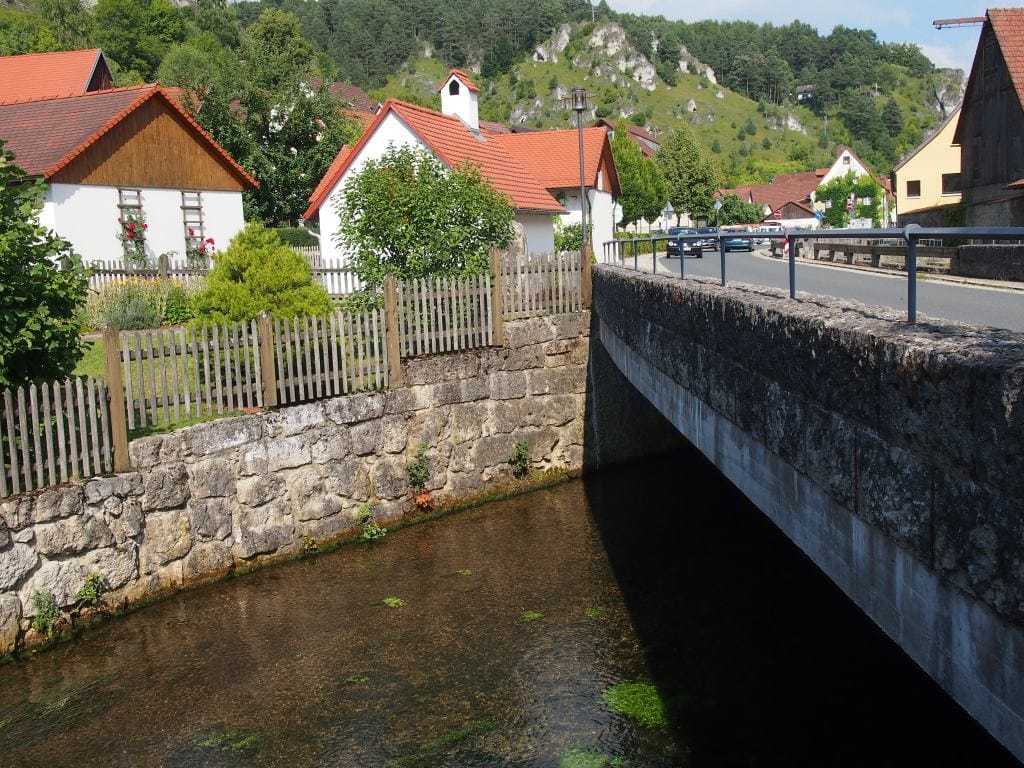Yesterday I started to tell you the story of the landlords who turned into our friends. Even though we shared very few of the same kinds of words. One word we did understand was “Scheist.” Only, I’ve since learned, thanks to one of my beautifully awesome German friends, that I can’t even cuss correctly in German. For the word is actually “Scheisse.” But, well, you get the drift. You can read that post here to catch up.

We showed up at 3, because I did my math and figured out what 15:00 meant in German. (Who knew Germany would help strengthen my math skills?)
We brought gifts for each of them. So they would remember. So they could know how special they will always be to our family. What an integral part of our time here they were. Even if only for those first few months.
She made two cakes and coffee. I learned the name of the bundt-cake looking thing, but I’ve forgotten already. So you’ll just have to take my word for it when I say it was beautiful. But the one with the strawberries and the cream and the almonds – that’s the one I chose.
They offered coffee and tea and water and beer. We offered our friendship and support in the form of sitting with them at their outside table, on the top of a mountain in Northern Bavaria. Our Deutsch a bit better, we conversed a little and laughed a lot.
Still, there was so much we could not say. So many words I wanted to share. So many questions like how long? What happened? When did they find the tumor that now grows inside of her brain?
I honestly did not expect her to look so good. I had even prepared my children for the way she might look. The sick she might portray.
We had prayed before we went there. Prayed for healing, of course. And for Jesus to shine through the words we did not know.
Somehow not knowing the language freed us up to just sit and not feel like we had to say things we wouldn’t have known how to express anyway.
I’ve been with dying people before and felt this guilt for not saying what I think they need to hear. Because I have no idea what they need. No idea what I could possibly say that might help them as they deal with inoperable cancer, impending death.
But this time, my reason for silence had nothing to do with choice. I literally did not know the words.
And somehow that helped me just enjoy our German friends’ company. Just talk about what we could. Say words we could actually communicate. Laugh with them and enjoy the sunshine we sat under.
When we gave her the scarf, she broke down and cried. I wanted so badly to let her know we were praying. To talk about her fears. To say something profound that would point her to Jesus and let her know death doesn’t have to be scary.
But all I could do was sit there. Pray silently that somehow in the void of my word-less company, God would speak. That He might point to Himself. Pull her into His peace.
We sat there and watched. And she cried. And our hearts poured out in the form of love we could not put into words. We didn’t even try to put it into words.
I did say what likely sounded something like “You so special us to. We pray.”
Then I shut my mouth because, really my wordlessness was better.
And what’s the difference between a foreign-speaking German who is dying and a native American who understands my every word? I mean, what do you say to anyone who faces such numbered days? Even if I spoke fluent German, what the heck would I say?
I tend to believe words would not have worked whether in English or Deutsch or Mandarin Chinese.
The conversation turned to kangaroos. (Because, really, doesn’t every afternoon Sunday visit include such topics?) And we decided together to take a drive to find the kangaroos that live in the middle of Bavaria. “Only 10 minutes’ drive.” He assured us.
The adventure that ensued will someday be another blog post, no doubt.
But love grew more clear as we drove those back German roads to Pottenstein and Gossweinstein, me in the driver’s seat, our German-speaking friend driving from the back shouting “left, no right” in his Franconian-dialected German. Our friendship no doubt deepened in those hours together. The words left unsaid spoke more clearly than the thousands of German words I do not know.

When we said goodbye later, she broke down again. I hugged her and told her “We pray. You special.” And she spoke about the living she will do in these days. I did not understand any but one of the words.
“Schwer.”
It means heavy. Difficult. Hard.
I agreed.
So, so schwer. In so many ways.